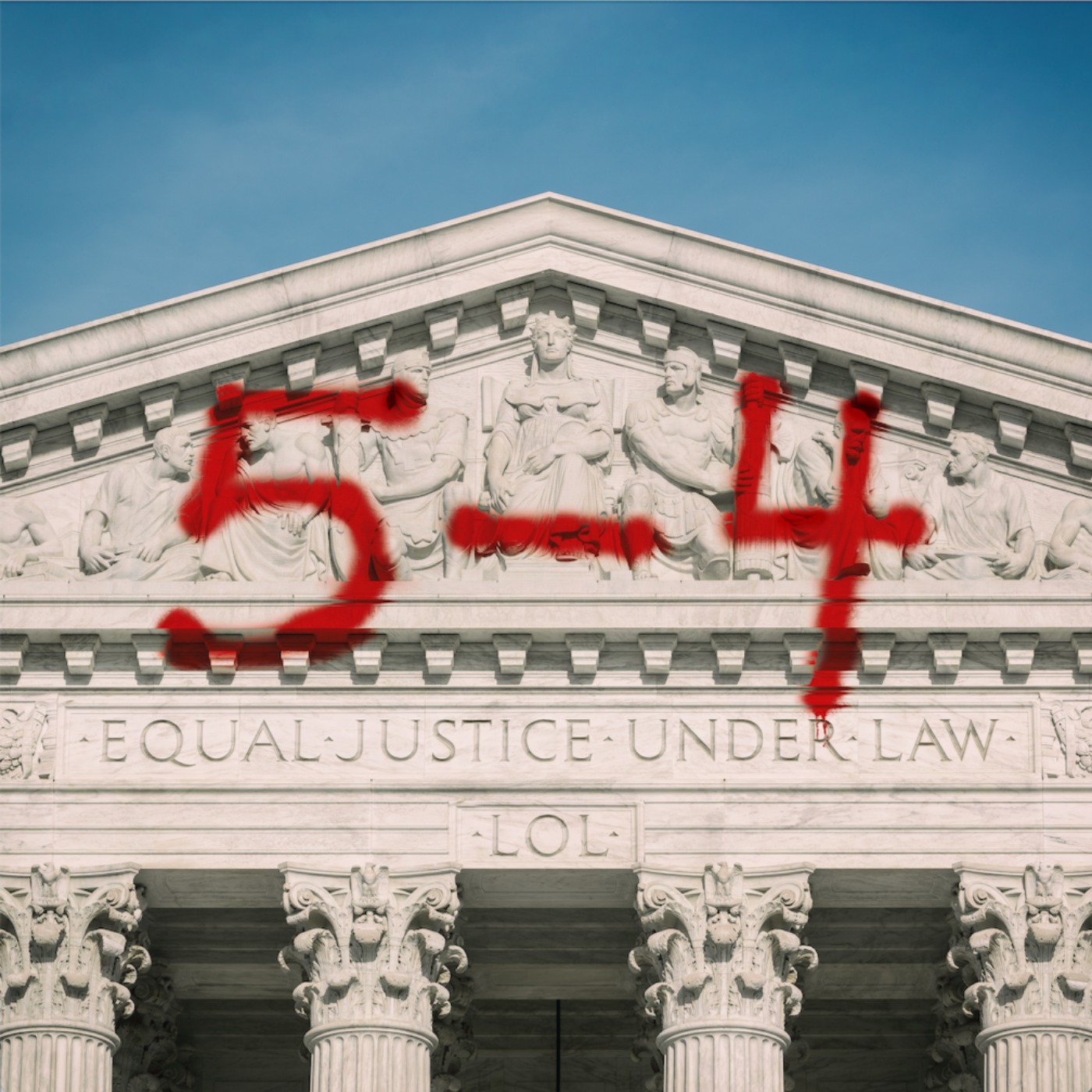5-4 Presents: Damages - "Manoomin v. Minnesota"
This week, 5-4 is inviting you to check out an episode of Damages, from the Critical Frequency Podcast Network.
Damages is a courtroom drama podcast that follows the well over 200 climate lawsuits currently active in courtrooms all over the world. Ranging from explanatory episodes to docuseries to narrative seasons, it’s a show about the quest for justice and a crime against humanity: the climate crisis. In this episode: a case on behalf of wild rice, or manoomin in the Ojibwe language. The rights of manoomin case was originally filed in an effort to stop construction of the Line 3 pipeline. That pipeline has been built, but the case is still active, and it could have major implications for other pipeline fights.
If you like Damages, you can find it https://www.drilledpodcast.com/damages/.
Hosted on Acast. See acast.com/privacy for more information.
Advertising Inquiries: https://redcircle.com/brands
Press play and read along
Transcript
Transcript is processing—check back soon.

